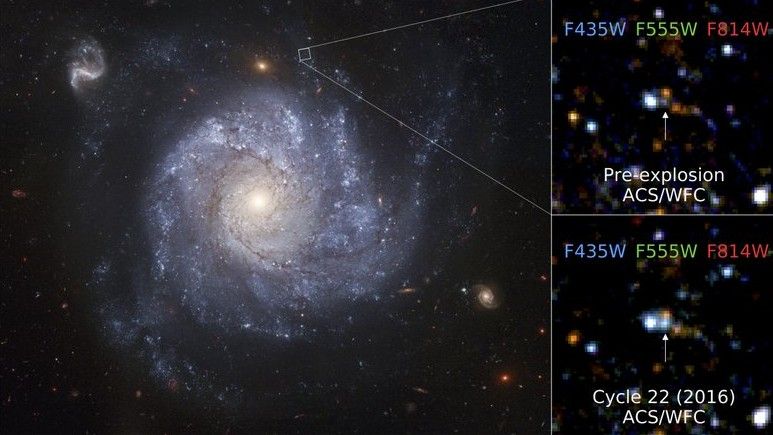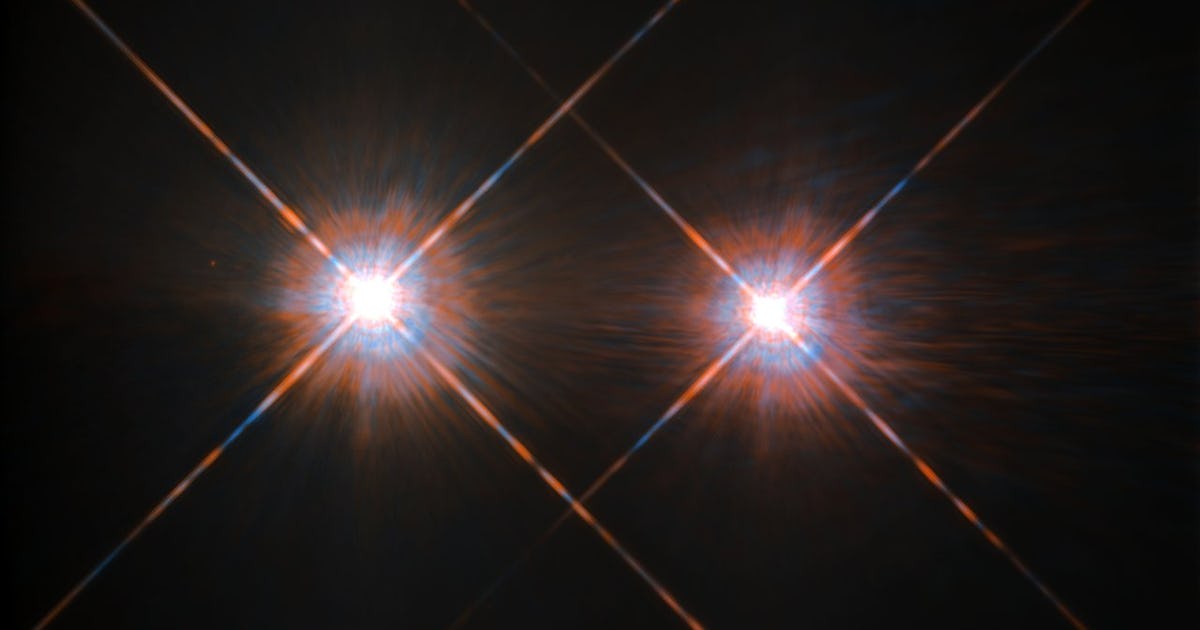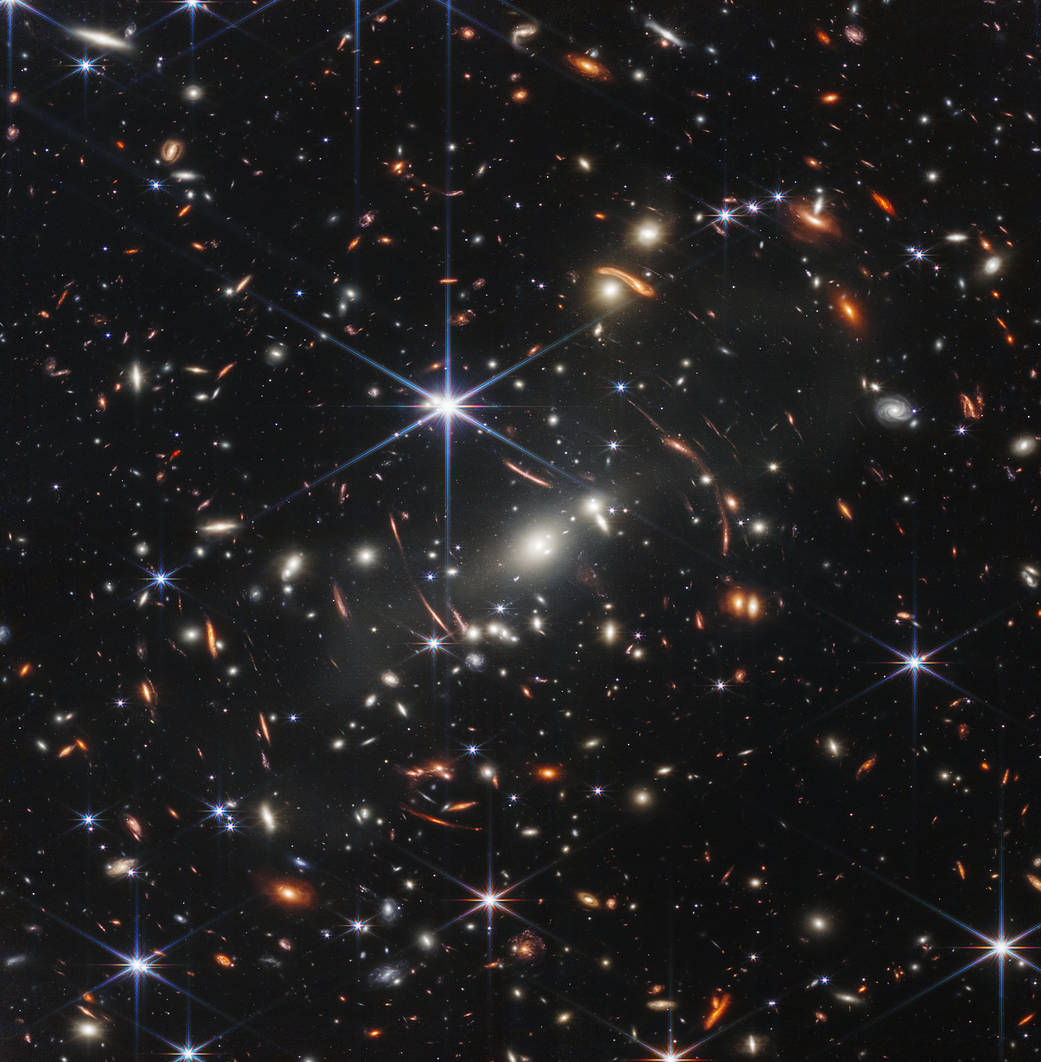"According to Jos de Bruijne, a scientist at the European Space Agency (ESA) who works on the galaxy-mapping Gaia mission, the current estimate is between 100 to 400 billion stars. Getting to a definitive number, de Bruijne told Space.com, will be difficult.I love going down rabbit holes when it comes to astronomy and theoretical physics, even if I'm unable to understand most math they present. One of the most fascinating things for me though is how some people still think we're alone in the universe. The possibility for that being the case is so remote it's ridiculous.
The Gaia mission, in orbit since 2013, has managed to map positions of 1.7 billion stars in the sun's neigborhood up to the distance of 326 light-years. While astronomers could extrapolate those numbers to model the entire galaxy, even Gaia struggles to see some of the faintest and smallest stars and its results are therefore not perfectly accurate."
The above is an excerpt from this article, for the people interested in it.
I definitely think we're not alone in our own galaxy, let alone the whole Universe. The best image Hubble eXtreme Deep Field could reveal was approximately 5,500 galaxies over an area of about 1/32,000,000th of the observable sky, so whoever thinks we're alone, I certainly don't share your "optimism".
Last edited:














